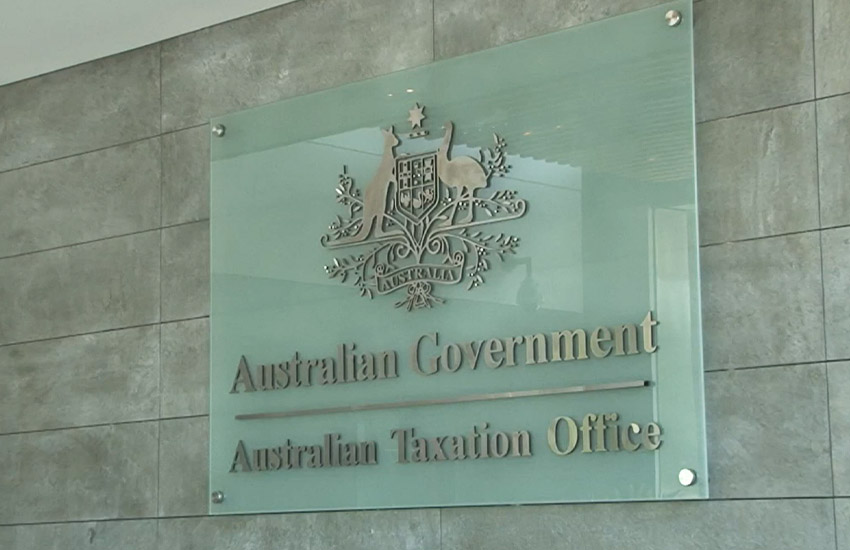The ATO is ramping up credit agency referrals for the worst offenders.
26 June 2025
New Broker Academy 2025
Uncover a new world of opportunity at the New Broker Academy 2025If you’re ready for a career change and are looking...
KNOW MOREThe ATO is ramping up credit agency referrals for the worst offenders.

Thousands of tax default referrals worth millions of dollars to the ATO are expected before the end of the year, according to the only credit bureau currently processing them.
Creditor Watch chief executive Patrick Coghlan said the ATO had warned that it would ramp up disclosures of taxpayers owing $100,000 or more after starting the process a month ago.
He said the agency had already been informed of several dozen defaults after the ATO revealed that it had sent out almost 300 intent-to-disclose notices last week.
Mr Coghlan said all of the taxpayers involved were more than 90 days overdue, had no engagement with the ATO and while $100,000 was the threshold for reporting, some of the amounts owing were sizeable.
“You’ve got varying amounts – $100,000 is the minimum, but we’re seeing defaults over $1 million being launched,” Mr Coghlan said.
“They’re not small numbers. It will be interesting to see how quickly the companies end up in administration after the lodgment of these tax defaults.”
He said the ATO was aware that an avalanche of administrations might undermine business confidence but it had warned that the referral process, which was temporarily shelved due to the pandemic, had only just begun.
“The ATO wants to gently ramp it up, but it will be thousands by the end of the year,” he said.
He expected a sustained increase in wind-ups over the next 12 months as Australia withdrew the COVID concessions that had allowed businesses to postpone failure.
“The number of failures is going to get back to at least pre-COVID numbers, which is about 8,000 a year,” Mr Coghlan said.
“The ATO and the big banks will be the key drivers of that once they get back into their normal collection rhythm, because they make up the majority of wind-ups and ultimately administrations in Australia.”
One sector stood out as suffering more than others from the pandemic.
“Our probability-of-default expectation across all businesses is over 5 per cent at the moment, so it’ll climb over the next 12 months,” Mr Coghlan said.
“The hospitality, food and beverage combination sector is from a probability-of-default miles ahead of all the other industries.”
Mr Coghlan said the first tax default notices arrived about four weeks ago and so far, CreditorWatch was the only organisation capable of receiving the data.
“If you’re engaged with the ATO or on a payment plan with them, you won’t have a tax default against the company,” Mr Coghlan said.
“However, if you bury your head in the sand and ignore all calls and messages and letters and emails, then eventually that tax default will be lodged.”
He said the information was vital for a return-to-normal business conditions and CreditorWatch had seen a 30 per cent increase in demand for credit reports in the first quarter.
“By not publishing that information, the credit risk was hidden. It was protecting somebody, a business that wasn’t paying their tax bills, and ultimately, businesses that were paying their tax debts are the ones that were affected,” Mr Coghlan said.
“The transparency is powerful and can only do good for business and trade.
“We have to get back to a normal trading environment where businesses are taking risks, and ultimately, there are court actions and defaults being launched because people aren’t paying their bills.
“That’s natural – we can’t live in a zero administration, zero failure world.”

AUTHOR
Philip King is editor of Accountants Daily and SMSF Adviser, the leading sources of news, insight, and educational content for professionals in the accounting and SMSF sectors.
Philip joined the titles in March 2022 and brings extensive experience from a variety of roles at The Australian national broadsheet daily, most recently as motoring editor. His background also takes in spells on diverse consumer and trade magazines.
You can email Philip on:
Comments will undergo moderation before they get published.
Uncover a new world of opportunity at the New Broker Academy 2025If you’re ready for a career change and are looking...
KNOW MOREGet breaking news
 Login
Login
